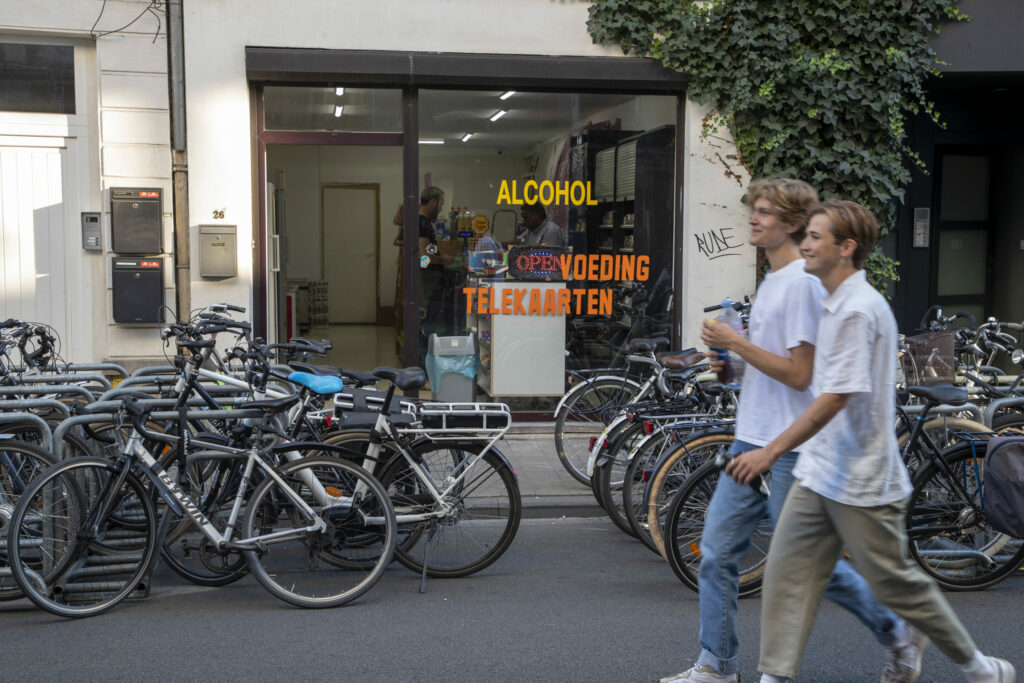Belgium increased the age limit for purchasing tobacco products from 16 to 18 in November 2019. Five years later, this rule is still largely ignored, posing a major barrier to pursuing a smoke-free generation.
Until recently, young people from the age of 16 could buy cigarettes without any issue. This changed in November 2019, when Belgium increased the age limit to 18, banning traders and shops from selling such products to underaged people. Sellers must ask customers for their ID card if they are in doubt whether they are of age. The Ministry of Health's Tobacco and Alcohol Control Service checks compliance with this rule in two ways.
MP Els Van Hoof (CD&V) requested data on these checks from Health Minister Frank Vandenbroucke (Vooruit). "In the pursuit of a smoke-free generation [Belgium's ambition to achieve that no young person starts using tobacco by 2040], this legislation must be effectively enforced so that smoking becomes less accessible and attractive to minors," she said in her written question to the minister.
While the regular compliance checks by the official inspectorate are not immediately alarming – just under 1,400 checks yielded a total of 107 infringements this year – Van Hoof noted the results of checks by minors deployed as "mystery shoppers", who try to buy products including (electronic) cigarettes, tobacco, nicotine pouches or filers, were concerning.
Persistent problem
Sellers ignored the ban in as many as 782 out of 1,100 checks (71%), meaning two-thirds of traders still sell tobacco products to minors, Het Nieuwsblad reported. Shopowners in Brussels were the least likely to infringe the rules, as 53.5% of traders here were caught selling tobacco to under-18s. However, the number of checks carried out in the region was lower.
In Flanders, 68% of traders were caught in the act in 469 checks, while in Wallonia, 76.5% failed the test over 226 checks. Despite this tactic being used in the summer of 2023, the situation has barely improved. "These are worrying figures, which highlight this remains a persistent problem," said Van Hoof. "The minimum age has been 18 since 2019. Therefore, there is no longer any excuse to sell to minors or not ask for an identity card."
She urged Vandenbroucke to continue with this control system, and his cabinet responded this was "the obvious thing to do". The power of this tool will also increase: so far, these violations mainly lead to warnings, but since this summer, it can also lead to a temporary closure of shops.

